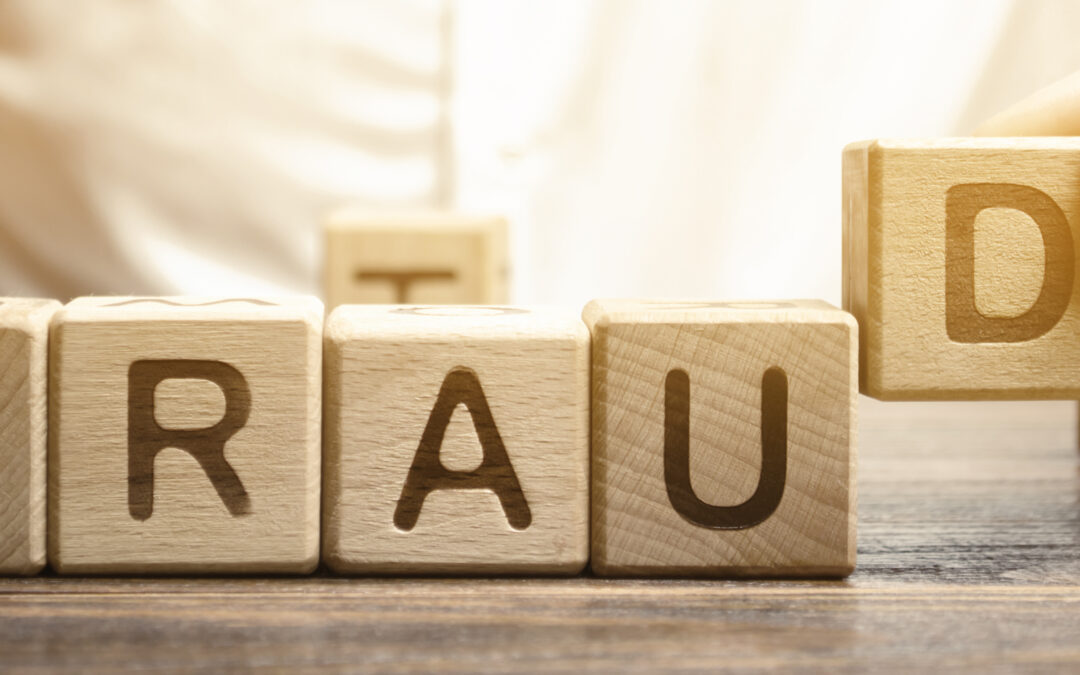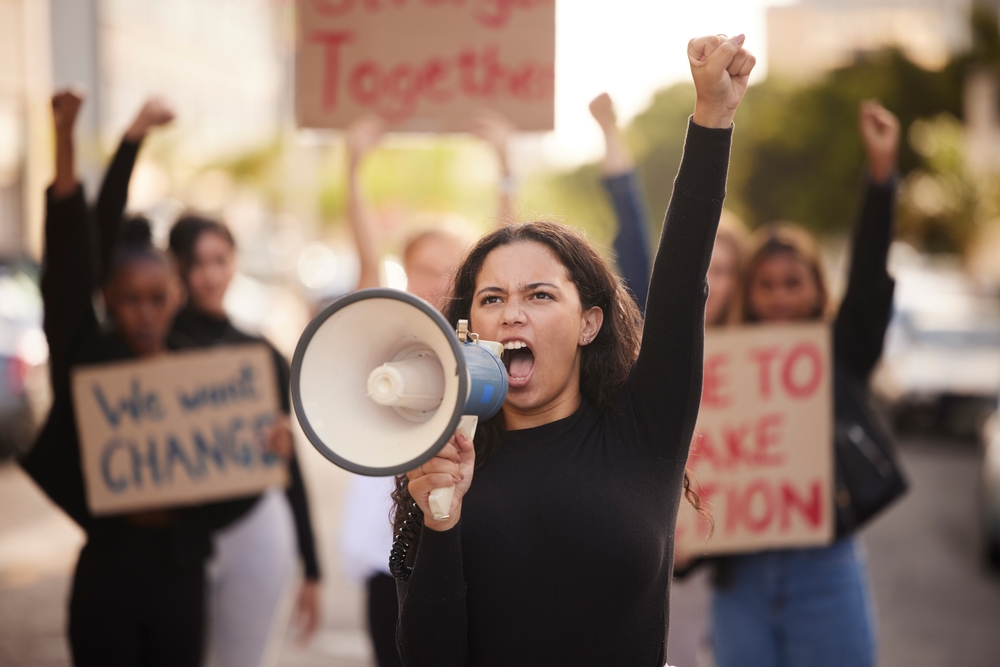Narcissistic abuse and domestic violence can occur in any type of relationship, including same-sex relationships. Abuse is still abuse. While the dynamics of narcissistic abuse may manifest similarly regardless of the genders involved, there can be unique challenges and complexities in same-sex relationships that may impact how narcissistic abuse unfolds and is experienced. Here are some key considerations regarding narcissistic abuse in same-sex relationships:
- Power dynamics: Narcissistic abuse often involves an imbalance of power, with the narcissistic individual exerting control and dominance over their partner. In same-sex relationships, power dynamics may be influenced by factors such as gender roles, societal expectations, and individual personality traits, which can vary widely among couples.
- Isolation and gaslighting: Narcissistic abusers commonly use manipulation tactics such as gaslighting to undermine their partner’s sense of reality and self-worth. In same-sex relationships, the abuser may exploit societal stigma or internalized homophobia to isolate their partner from their family and support networks or discredit their experiences, making it even more challenging for the victim to recognize and escape the abuse.
- Internalized shame and guilt: LGBTQ+ individuals may face unique challenges related to internalized shame, self-doubt, and fear of rejection or discrimination, which can be exploited by narcissistic abusers. The abuser may weaponize these vulnerabilities to exert control and manipulate their partner’s emotions, further perpetuating feelings of shame and guilt.
- Barriers to seeking help: LGBTQ+ individuals may encounter barriers to seeking help or support for narcissistic abuse, including fear of being outed, concerns about discrimination or lack of understanding from service providers, or limited access to LGBTQ+-affirming resources. These barriers can hinder the victim’s ability to recognize the abuse and access the assistance they need.
- Intersectionality: Same-sex relationships intersect with other aspects of identity, such as race, ethnicity, socioeconomic status, and disability, which can intersect with narcissistic abuse dynamics in complex ways. Intersectional factors may influence how abuse is perpetrated, experienced, and addressed within same-sex relationships.
- Community support and resources: Despite the challenges, LGBTQ+ individuals have access to supportive communities and resources that can provide validation, empathy, and assistance in navigating narcissistic abuse. LGBTQ+-affirming organizations, hotlines, support groups, and online forums can offer a safe space for individuals to share their experiences and access resources tailored to their needs.
- Cultural considerations: Cultural factors, including attitudes toward LGBTQ+ identities and relationships, family dynamics, and religious beliefs, may influence how narcissistic abuse is perceived and addressed within same-sex relationships. It’s essential to consider cultural contexts and sensitivities when supporting individuals experiencing narcissistic abuse in same-sex relationships.
Overall, addressing narcissistic abuse in same-sex relationships requires a nuanced understanding of the intersectional factors at play and a commitment to providing LGBTQ+-affirming support and resources. By raising awareness, promoting inclusivity, and fostering empowerment, we can better support individuals in same-sex relationships who are affected by narcissistic abuse and domestic violence.









